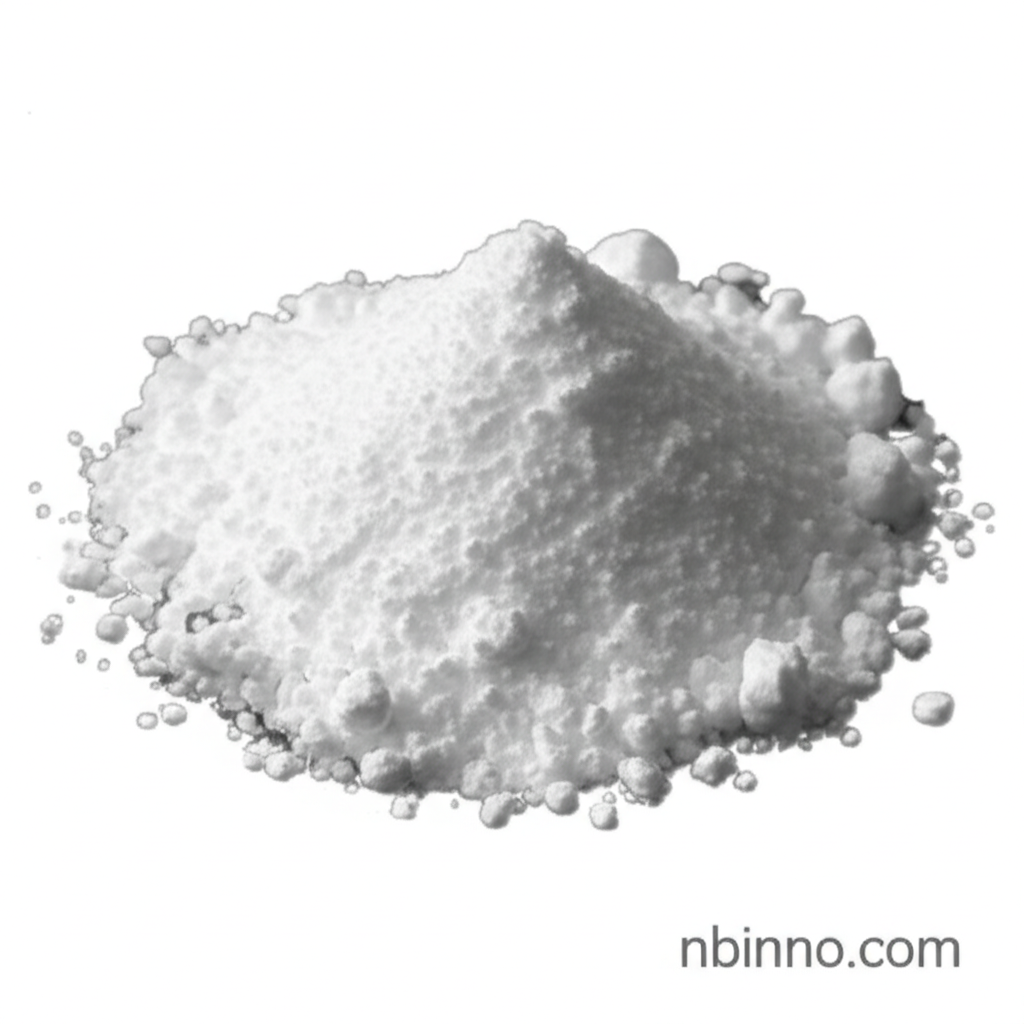High-Performance Hydrated Silica: Enhancing Rubber, Ceramics, and Textile Applications
Discover the versatile benefits of hydrated silica, a key additive for superior product performance across industries.
Get a Quote & SampleProduct Core Value

Hydrated Silica
Hydrated silica, also known as white carbon black, is a high-performance amorphous fine powder. Its unique characteristics, including high porosity, excellent dispersibility, and good chemical stability, make it an indispensable additive across numerous industrial applications. From rubber products to advanced ceramic materials and textile treatments, this versatile compound significantly enhances product performance and durability.
- As a reinforcing agent in rubber products like tires and hoses, hydrated silica enhances wear resistance and overall durability, contributing to improved fuel efficiency in tires.
- The high surface area and porosity of fumed silica make it ideal for applications in ceramics, improving their mechanical strength and thermal properties.
- In the textile industry, hydrated silica acts as a functional additive, enhancing fabric properties such as softness and durability, making it a valuable component for performance textiles.
- When used in coatings and paints, this silica powder improves pigment dispersion and provides a desired matte finish, contributing to the aesthetic and protective qualities of the coating.
Key Advantages
Enhanced Material Properties
Leveraging hydrated silica in rubber applications significantly boosts abrasion resistance and tear strength, ensuring longer product lifespans.
Superior Dispersion and Stability
The high dispersibility of this silica powder ensures uniform distribution in formulations, leading to consistent product quality and enhanced stability.
Eco-Friendly Performance Additive
As an environmentally friendly additive, hydrated silica offers superior performance without compromising on safety or sustainability, aligning with modern manufacturing needs.
Key Applications
Rubber Industry
Hydrated silica serves as a critical reinforcing agent in various rubber products, including tires, conveyor belts, and hoses, improving their mechanical strength and longevity.
Ceramics Manufacturing
In ceramics, it acts as a functional filler, contributing to enhanced structural integrity, thermal resistance, and overall product quality.
Textile Treatment
As a textile auxiliary agent, it can improve fabric feel, durability, and functional properties, making it useful in advanced textile manufacturing.
Coatings and Paints
Its use as a pigment dispersion aid and matting agent in paints and coatings enhances finish quality, scratch resistance, and aesthetic appeal.
